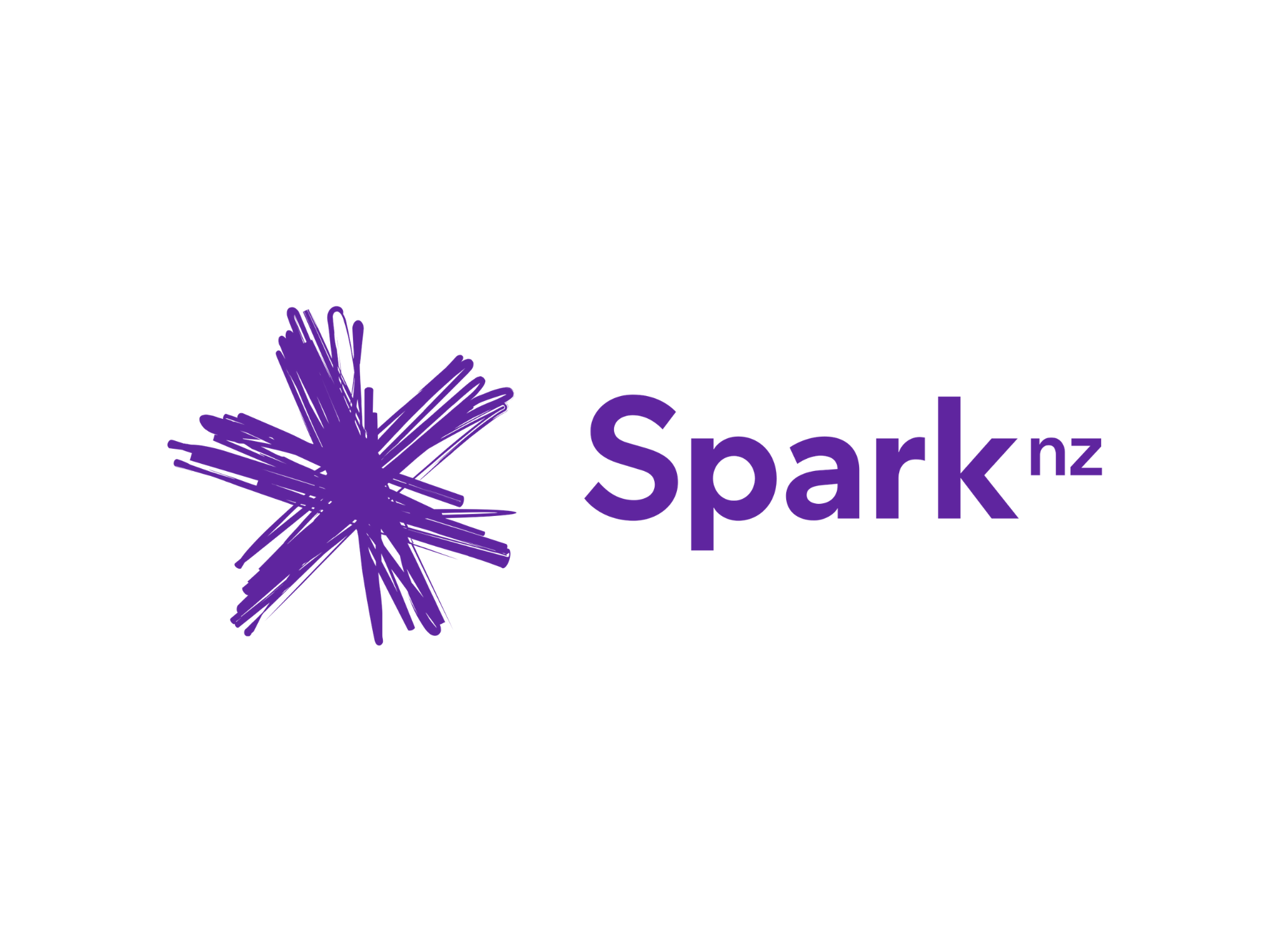Case Study
How Spark NZ Became a Leader in Business Agility
New Zealand is known for being on the cutting edge of agile. Even the New Zealand Police Department has an Agile Development Center. Spark NZ, the largest telecommunications and digital services provider in New Zealand, can partly take credit for the country’s reputation as an agile hub.
According to Forbes, Spark NZ was one of the first companies in the world– and the first large organization in New Zealand– to implement agile practices company-wide. Four years on, it continues to be a world leader in agile practices, employing nearly 30 agile coaches, most of whom have completed three ICAgile-accredited courses: Agile Fundamentals, Agile Team Facilitation, and Agile Coaching.
Why Agile?
Ten years ago, Spark NZ, was a traditional telecommunications company with a traditional siloed structure. But senior leadership realized the traditional structure wouldn’t work if the company wanted to transform into a digital services future.
“We needed a step change in how we ran our business to achieve our ambitions. That meant creating increased speed to market in launching products and services, greater customer centricity in the way we ran our business, and an environment that better engaged our employees by empowering them to make a difference,” said Paula Riano, a Lead Agile Coach at Spark NZ.
Leadership looked at how other leading companies were embracing agile around the world and decided that Spark would make the leap, "flipping" a large proportion of the organization to agile in a single day.

Putting Coaches at the Heart of Spark’s Agile Solution
A key part of the initial transition was putting in place a team of agile coaches to support and sustain the business in its new ways of working.
Once the initial flip to agile ways of working was complete, the business and its leaders saw the coaches as a fundamental approach to continuously improving and maturing the agile structures and behaviors that it had put in place. “Our leaders saw that the coaches played a pivotal role in sustaining our ways of working transformation,” said Riano.
To ensure that the growing team of coaches were equipped, Spark wanted to provide them with a consistent training experience, globally-recognized certification, and an approach based on agile principles, not specific frameworks.
They also needed a “fundamentals” course that helped Product Owners at Spark understand agile ways of working to keep embedding agile practices in their teams.
“We were looking for something that was not too prescriptive, something that was focused more on the values, the principles, and the key practices to fuel our business performance. We knew we didn’t want something that dictated specific flavors of agile, as we have customized agile to make it work for different teams within our business and enable our results,” Riano said. The framework-agnostic approach was especially important to Riano. Even though she’s a Certified Scrum Master, she knew it wouldn’t be helpful to force every coach and team at Spark NZ to use Scrum. For example, Riano used to work with the cybersecurity team and because their work was so reactive, the Scrum framework just didn’t fit.
The Benefits of ICAgile
Spark selected ICAgile for its framework-agnostic and scalable approach. With a large number of coaches to train, the ICAgile courses have also created significant cost savings for the business.
In addition, ICAgile provides Learning Outcomes for each course, enabling Spark NZ to develop and customize each course to their evolving needs.
What’s Next for Spark NZ
Spark NZ continues to raise the bar for agility. For example, several Spark NZ teams have co-created products in real-time with their clients.
Spark NZ has also piloted an innovative method of responding to Request for Proposals (RFPs), by bringing a team together to respond in real-time. This shows Spark NZ’s ability to collaborate cross-functionally and quickly respond to client needs and has resulted in some significant wins for the business.


